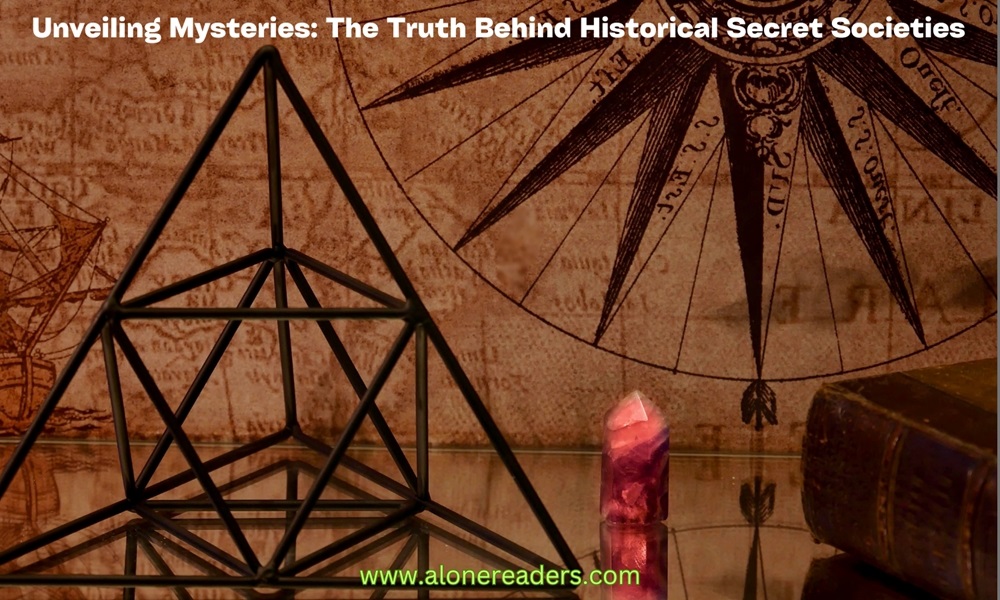
Secret societies have long captivated the imagination of the public, often surrounded by an aura of mystery, conspiracy theories, and hidden knowledge. From the enigmatic Knights Templar to the influential Freemasons, these organizations have played roles that intertwine with the threads of history, sometimes visibly and at other times from the shadows. This exploration aims to shed light on the facts and fictions surrounding these clandestine groups, providing a comprehensive look into their origins, purposes, and legacies.
Human curiosity is naturally drawn to the unknown, and secret societies offer a perfect blend of mystery and history. The idea that behind closed doors, influential individuals might shape the course of events has always been a topic of both fear and fascination. This allure is often fueled by popular culture, which portrays these societies as omnipotent and omniscient cabals.
To understand the role of secret societies, it's essential to delve into their origins. Many of these groups were formed for legitimate purposes, such as trade guilds, religious orders, or philosophical discussion groups. They often started as a response to oppressive regimes or to preserve certain knowledge and traditions. For instance, the Knights Templar, founded in the 12th century, started as a Christian military order but evolved into a powerful financial organization, sparking legends about their wealth and alleged heretical practices.
Freemasonry is perhaps the most well-known secret society, often associated with intricate rituals and significant influence. Established in the late 16th to early 17th century, Freemasons originally emerged from the stonemason guilds of the Middle Ages. Over time, they evolved into a fraternal organization with a focus on moral and spiritual values, community service, and philosophical discussions. Despite conspiracy theories suggesting they have a hidden agenda to control world affairs, most evidence points to Freemasonry being more of a social organization than a covert power broker.
The Bavarian Illuminati, a group founded in 1776 by Adam Weishaupt, is often at the center of conspiracy theories involving global control. Initially, their goals were to promote Enlightenment ideals and oppose religious influence over public life. However, their existence was short-lived, as they were disbanded in 1785. The modern mythos around the Illuminati as puppeteers of global events is more fiction than fact, often fueled by sensationalism rather than historical evidence.
While the direct impact of secret societies on historical events is often exaggerated, their influence, particularly in fostering ideas and networking, cannot be denied. Many societies provided a space for intellectual discussions and the exchange of ideas that contributed to significant movements such as the Enlightenment. Their role in cultural and philanthropic activities has also been notable, especially in the case of organizations like the Freemasons.
Many of the traditional secret societies have either ceased to exist or have transformed into more transparent organizations. However, the legacy of their secretive past continues to spark interest and debate. Current societies that are often labeled as 'secret' tend to be more discreet than genuinely clandestine, focusing on charitable work, social networking, and personal development.
The portrayal of secret societies in movies, books, and media has significantly shaped public perception, often blurring the lines between reality and fiction. It's essential to approach these portrayals critically, understanding that while they are based on real organizations, they are often dramatized for entertainment.
The study of secret societies in history reveals a complex tapestry of facts and fictions. While many myths have been debunked, the allure of the unknown continues to captivate the imagination. These societies remind us of the human desire for understanding, the pursuit of hidden knowledge, and the timeless intrigue of the mysterious.